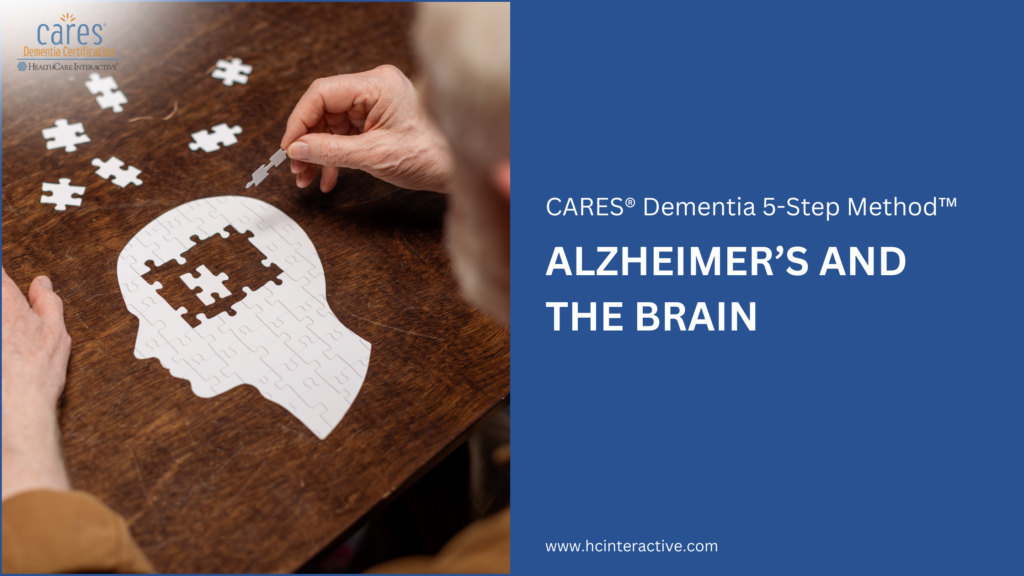What is Dementia?
Dementia is a broad term used to describe the loss of memory and other cognitive abilities severe enough to interfere with daily life. Among the various forms of dementia, Alzheimer’s disease is the most common. While dementia encompasses multiple conditions, Alzheimer’s is a specific and terminal disease, meaning that unless other causes intervene, individuals diagnosed with Alzheimer’s will eventually succumb to it.
After age 65, the risk of developing Alzheimer’s disease doubles every five years. By age 85, the risk escalates to nearly 50 percent. Despite extensive research, scientists have not fully uncovered the exact causes of Alzheimer’s disease or other forms of dementia. However, it is clear that the condition results from numerous changes in the brain that occur over time.
Critical Concept: Most people diagnosed with Alzheimer’s live an average of 4 to 8 years. However, some may survive for 15 to 20 years, or even longer.
Alzheimer’s Disease and the Brain
The physical impact of Alzheimer’s disease on the brain is profound. Images of a healthy brain compared to an Alzheimer’s-affected brain reveal significant shrinkage and damage. Alzheimer’s disease directly affects the brain, altering its structure and functions.
These changes are not visible from the outside, leading to common misconceptions. For example, people may assume that the actions or behaviors of someone with Alzheimer’s are intentional, without understanding that these behaviors stem from irreversible changes in the brain.
How Alzheimer’s Affects the Brain
The human brain is composed of approximately 100 billion neurons (nerve cells) that form connections at more than 100 trillion points, creating what scientists refer to as a “neuron forest.” Signals within the brain travel as tiny electrical charges, forming the foundation of our memories, thoughts, and emotions. When these electrical charges reach connection points, they release chemicals known as neurotransmitters, which transmit signals to other parts of the body.
As Alzheimer’s progresses, it destroys these neurons and neurotransmitters, disrupting the intricate signaling pathways. This destruction leads to the symptoms commonly associated with the disease, such as memory loss, confusion, and behavioral changes.
Key Takeaways
• Dementia is a general term; Alzheimer’s is its most common and severe form.
• Alzheimer’s causes brain shrinkage and behavioral changes due to neuron loss.
• Understanding these changes can lead to more compassionate care for those affected.
Sign up for our free program today and gain the tools and support needed to transform dementia care. Let’s work together to improve the lives of those living with dementia.
Access it now for free at www.hcinteractive.com/5StepDemo

